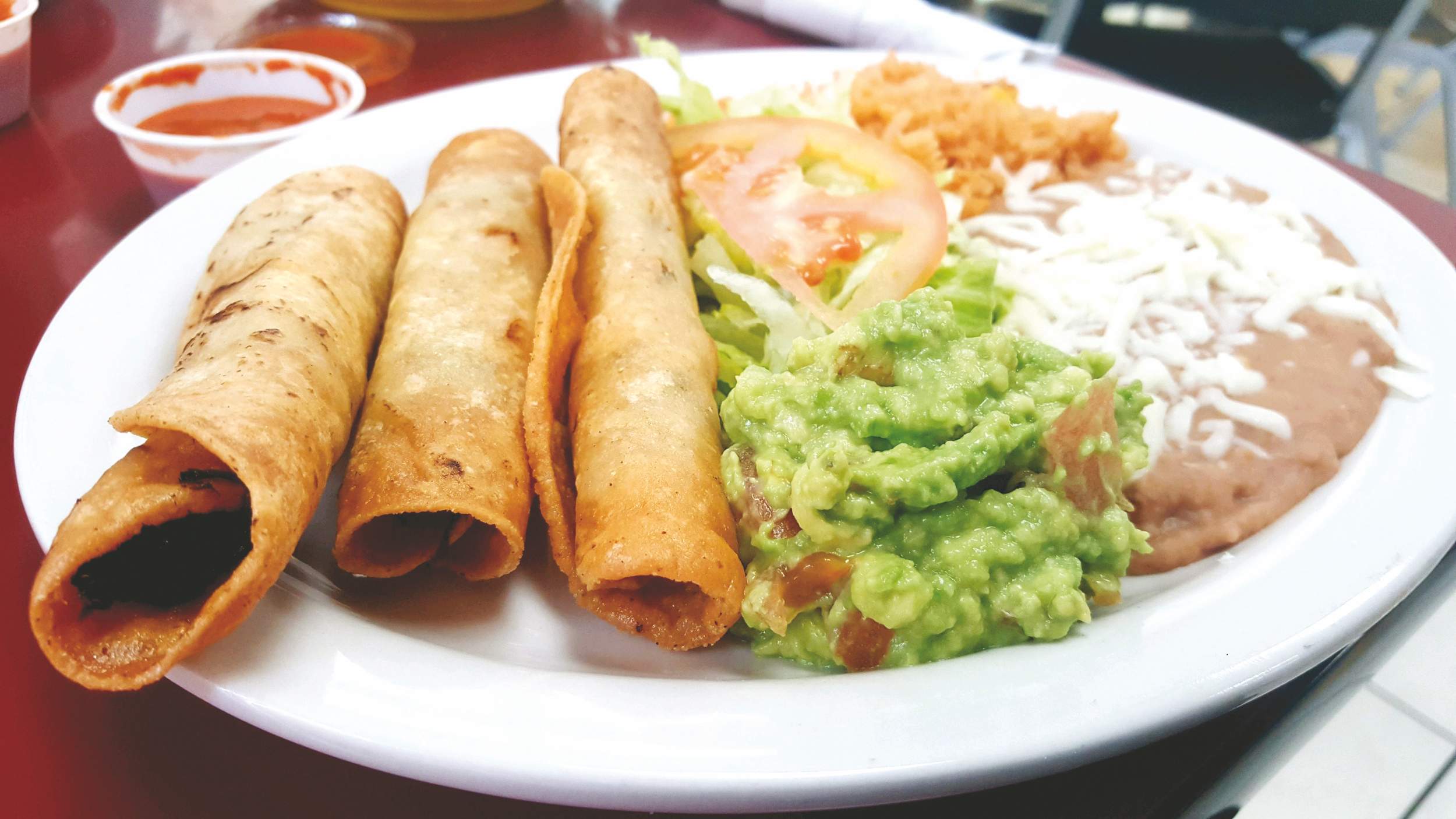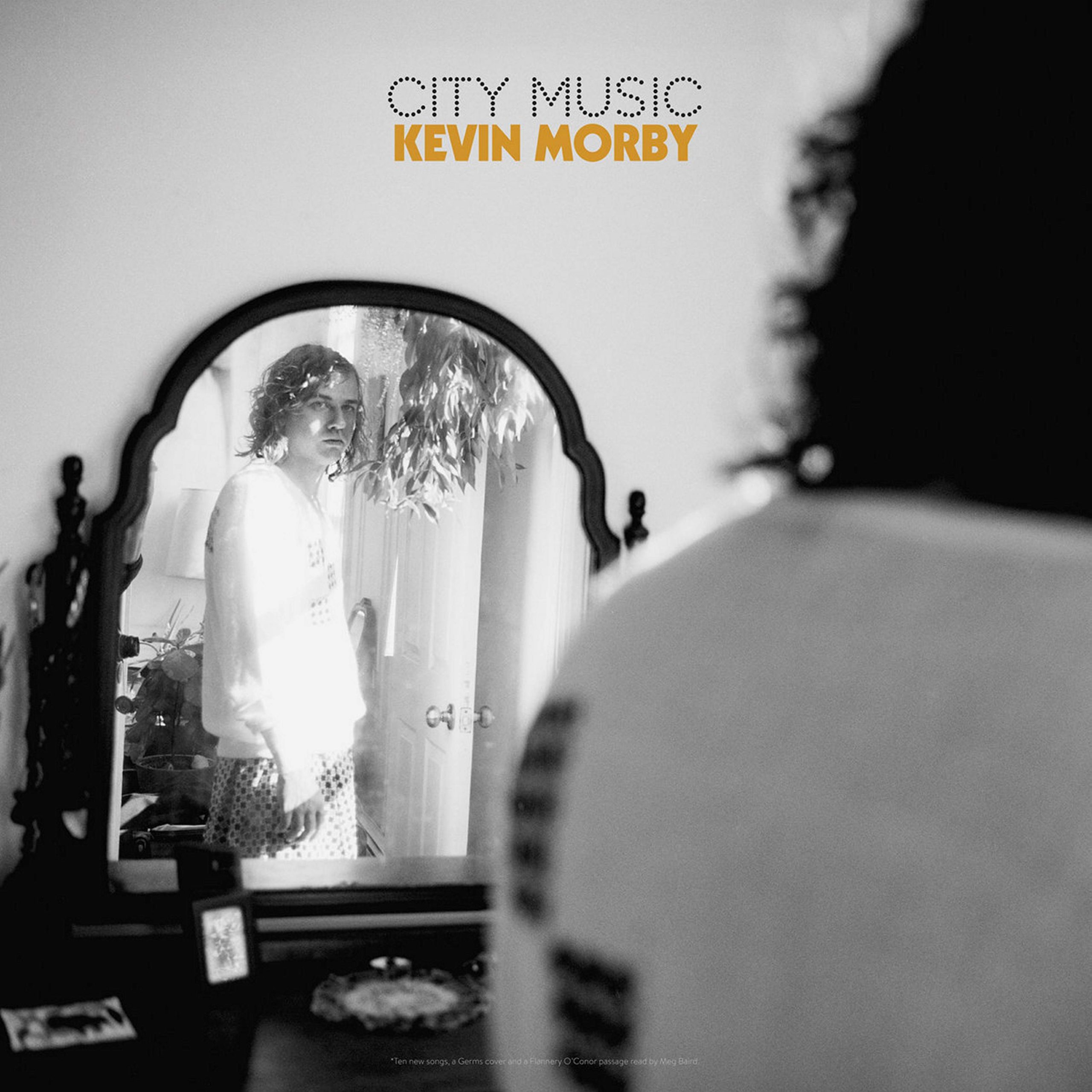Throughout 30 Get Smart columns, I’ve talked to people about whiskey, dogs, bikes, risks, and a host of other things. Let me tell you a bit about what I’ve learned thus far as I’ve satiated my curiosity and gotten people talking.
What prompted Get Smart in the first place?I want Terry Gross’ job, and Get Smart is my first baby step toward a hostile takeover of “Fresh Air.” I love having an excuse to ask people questions about who they are, what they do, and what they’re about. Telling people that I’m a columnist suddenly grants me the ability to ask them personal questions that might not be broached otherwise. Call it voyeuristic if you want, but it’s a hell of a lot of fun.
How does the usual interview go?It’s changed immensely. For the first column about winter bicycle commuting, I read at least tens of blogs about it before I interviewed Jon and Garrett from Durango Cyclery. When I started asking them questions, I already had the answers I wanted in mind and was surprised when the answers they gave weren’t the answers I wanted. Now, I turn my recorder on and we just start talking. I ask the person their full name, their title, and what gives them “expertise” on the subject we’re talking about, and then I start asking them questions – and not necessarily on the topic at hand. When I interviewed Michael Rendon, we talked at some length about a mutual teenage interest in punk rock. It had very little to do with the topic, but I like to think that making that connection allowed him to feel a bit more comfortable talking about the things that really excite him.
And then what?I transcribe. A 20- or 30-minute interview can take hours to transcribe, depending upon the person. Then I part and parcel, try to give it a good flow, and edit it down to the word count I’m allotted.
What sort of editing is required?We are so totally unaware of the things we say. Case in point, “A whole nother.” This is something that people actually say. We use slang, we ramble, we lose track of our thoughts, we “um” and “uh” and “you know,” and that’s in a reasonably composed sentence. The editing I do to what people say is cutting out filler words. Very occasionally I’ll have to restructure a sentence for the sake of clarity, but that’s a last resort and I always hate doing it. The one exception, God bless her, was Emyrald Sinclaire of Earth Girl Goodies. She spoke in the most beautiful complete thoughts and sentences. Hers was far and away the easiest transcription and interview. She was funny, engaging, thoughtful, and passionate.
Why are your questions so short?They aren’t, they just get edited. The sorts of questions I tend to ask are long rambling things and so I trim them down because I want to make sure that the reader hears more of the interviewee’s thoughts than my questions. My job is to get the interviewee talking and to depict their voice well, not to make myself sound brilliant and insightful.
What have you learned?On a cursory level, a little bit of a lot. I now know the difference between scotch and whiskey, discovered the graphic novel “Preacher,” became a convert to the Aeropress – blah blah. But really, I’ve learned the power of “tell me more.” If we’re being honest, everyone’s favorite subject is themselves, and those three simple words – “Tell me more” – open up whole worlds. “Tell me more” led to Nathan Schmidt and I talking for three and a half hours about Shel Silverstein, baseball, Donald Trump, and novels. And it was wonderful. I walked away from that conversation delighted and inspired and looking for ways to implement his daily creative practices in my own life. You can say “Tell me more” as “What do you think about that?” or “Why do you suppose that is?” but no matter how you say it, say it.
What’s the most difficult part of the interview?The interviews aren’t difficult at all. You’re just having a conversation about a topic. What is difficult is choosing topics, finding people who can speak articulately about them, and scheduling the damned interviews. Choosing what to keep and what to cut from each interview is difficult as well. There are little things- lines of thought, a great word or phrase, or a really good story that often ends up on the scrap heap because there just isn’t enough space to keep it all. Damned word count limit.
What surprises you most about the interviews?How everyone, no matter who they are or what they do, asks me after we’re through, “Was that okay? Did I talk too much?”
Cyle Talley would like to thank his editor, David Holub, for being flexible. If there’s anything you’d like to Get Smart about, please email him (Cyle, not David) at: [email protected]













